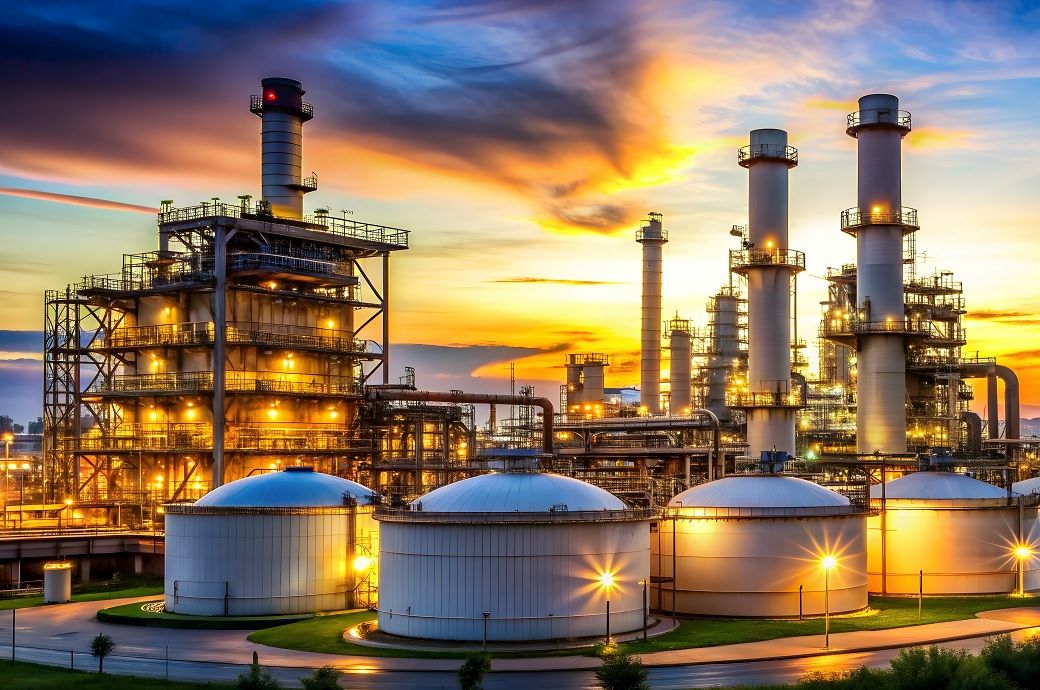

The proposal wants to set gas tariffs solely based on the import price of liquefied natural gas (LNG) for new connections and excess gas usage than the sanctioned load for existing connections.
The ‘unrealistic’ and ‘one-sided’ gas price hike during the previous government was the main reason behind the troubles being faced by industries, it noted.
In a letter to the Bangladesh Energy Regulatory Commission (BERC) following a public hearing on price hike proposals, BCI demanded to reduce gas prices through the curbing of system losses.
Energy cost used to be 5 to 6 per cent of the production cost before the price hike; it is now 10-15 per cent, the chamber said.
The cost per kg for yarn production reached $2.45, whereas one can import a kg of knit fabric from neighbouring countries at $2.18. As a result, in 2024, knitwear imports increased by 39 per cent, it remarked.
BCI said production of every industrial establishment has dropped by 30 to 40 per cent due to the ‘one-sided’ decision and the failure to provide uninterrupted gas supply, particularly in areas like Gazipur, Ashulia, Savar, Narayanganj, Munshiganj, Bhaluka and Narsingdi, according to domestic media reports.
BCI argued that Articles 27 and 31 of the constitution guarantee equality for all and if the proposals were implemented, these customers would be treated unequally.
Besides, the Gas Act 2010 and BERC Act 2003 clearly state that its goals were to create a competitive market through the participation of the private sector and individuals whereas the proposals were noncompetitive, it observed.
"Therefore, imposing a price nearly two and a half times higher for new customers than for those who were previously connected is contrary to the constitution, the law, and the principles of fairness," the letter concluded.
Fibre2Fashion News Desk (DS)